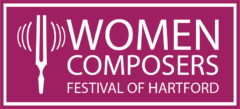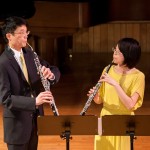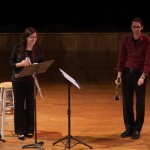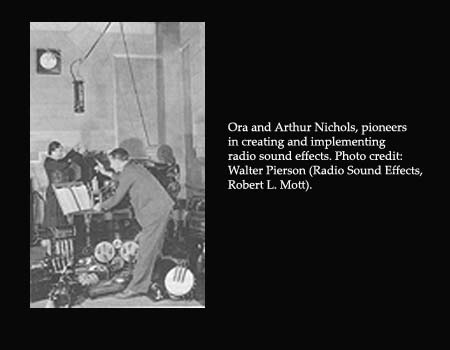Today’s performance excerpt features the music of Alex Shapiro. Her duet Re:pair is a lovely piece with a quirky, self-referential title. This arrangement of the piece features our 2014 guest artists, Oboe Duo Agosto.
More about the composer: Alex Shapiro aligns note after note with the hope that at least a few of them might actually sound good next to each other. Her persistence at this activity, as well as at non-fiction writing, public speaking, wildlife photography, and the shameless instigation of insufferable puns on Facebook, has led to a happy life. Created from a broad musical palette that defies genre, Alex’s acoustic and electroacoustic works are performed and broadcast daily across the U.S. and internationally. Ms. Shapiro’s pieces are published by Activist Music, and can be found on over twenty commercial releases from record labels around the world. More about Alex Shapiro can be found at www.alexshapiro.org.
More about Oboe Duo Agosto: Oboe Duo Agosto was created in 2009 by Ling-Fei Kang, oboe and Charles Huang, oboe and English horn. Their aim is to promote the sound of the oboe and the instrument’s popularity through original oboe duos, arranged pieces, and newly commissioned works.
Based in Connecticut, U. S. A., Oboe Duo Agosto has been performing original and arranged works in a wide spectrum of styles, from the Beatles to Vivaldi, alongside folk songs, contemporary and theatrical pieces. Audiences have enjoyed their exotic combination of oboe and English horn in music festivals and venues across the United States, in Canada, Brazil, and Asia.
The Duo performed at the 2013 International Double Reed Society Conference in Redlands, California, including a world premier by David Macbride and was featured as the ensemble in residence at the Hartford Women Composer Festival in March 2014. For more details visit oboeduoagosto.wordpress.com.





